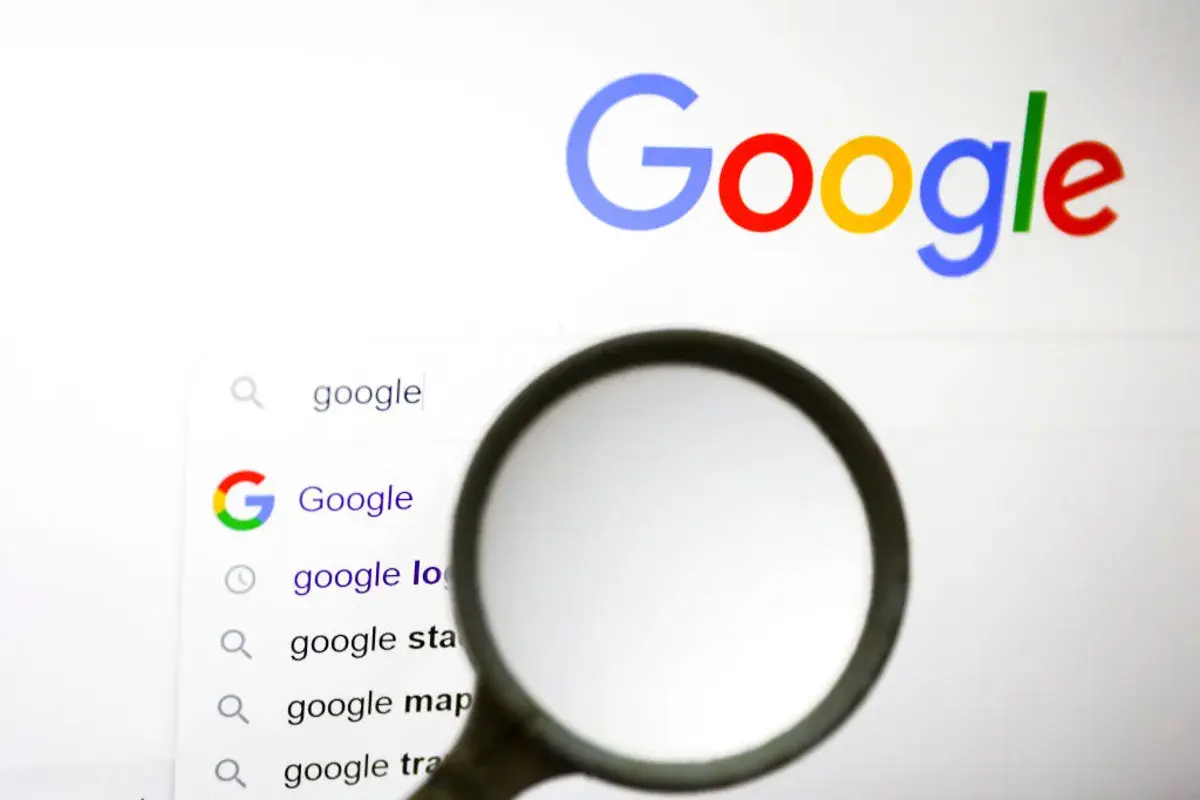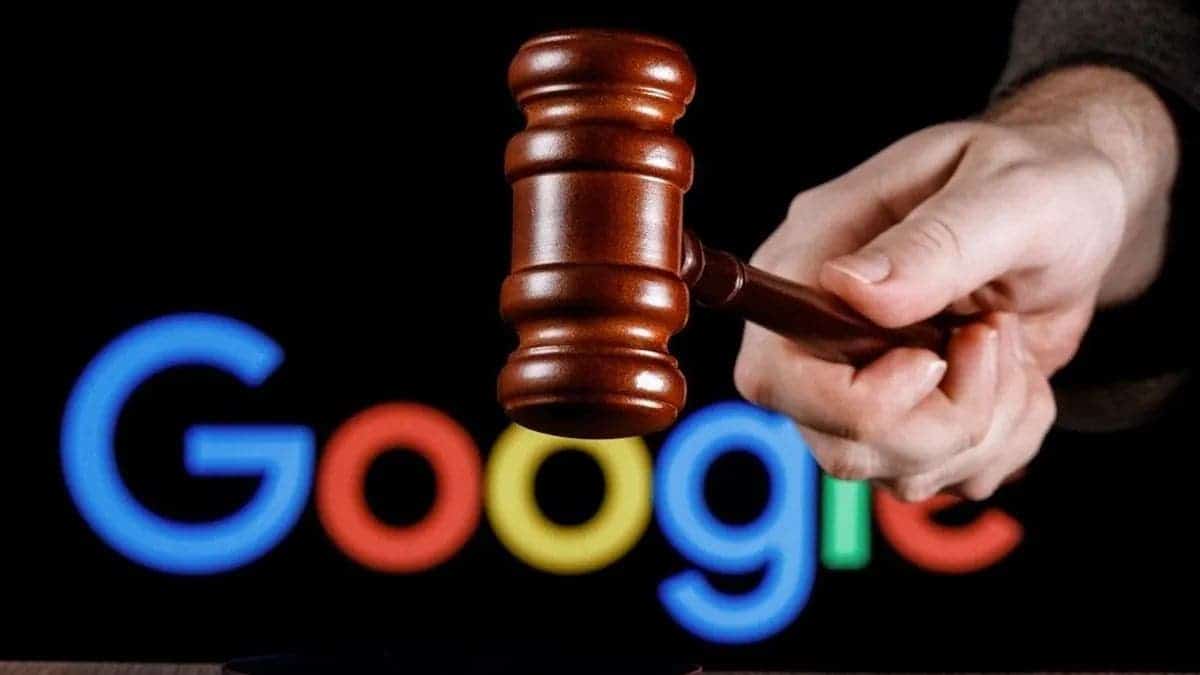The United States Department of Justice (DoJ) has commenced a trial against Google. It is accusing the tech giant of monopolizing the search engine industry. This is the biggest tech monopoly trial of the 21st century and the first major tech monopoly trial since the DoJ challenged Microsoft over 20 years ago. The case centres on whether Google illegally cemented its dominance and squashed competition by paying Apple and other brands to make its search engine the default on their devices.

Allegations Against Google
The Justice Department’s case hinges on claims that Google illegally orchestrated its business dealings so that it’s the first search engine that users see. Also, it claims that the company has used its market power to stifle rivalry. The DoJ alleges that Google has used anticompetitive practices to maintain its monopoly power in the search engine industry. This includes entering into exclusive deals with device brands, mobile carriers, and browsers to make Google the default search engine. The DoJ also alleges that Google has used its monopoly power to harm competition in the search advertising industry.
Also, it claims that Google’s plan dates back to over 20 years ago when the company was just emerging in the search market. The DoJ believes that Google executives hatched a series of plans to beat the competition. This made Google search available in as many web browsers as possible and it became the default search service.
DoJ Evidences
Evidence provided by the U.S. DoJ shows that in July 2003, Hal Varian, then Google’s chief economist, sent a warning email to management. The email states that Microsoft planned to integrate its own web search service into the Windows operating system. This will pose a serious threat to Google search.
At that time, Google was planning various Internet products. In the email, Varian said that Google should also consider doing everything possible to retain users. Varian said that so far, Google has considered more technical advantages, user value, potential revenue and other indicators when planning new products.

He believes that providing an excellent product is of course the top priority. However, Google should also consider issues such as competitors’ entry barriers, user switching costs, and intellectual property rights.
In Tuesday’s trial, the U.S. DoJ asked Varian to testify as the plaintiff. The DoJ said that in order to maintain its monopoly in the web search market, Google provides more than $10 billion each year to competitors, mobile phone brands, and service providers. This allows them to set Google as the default search in mobile phones or web browsers.
Court evidence shows that in 2007, Google executives were considering making search services more prominent on the homepage to stimulate user use and increase market share. The evidence points to an executive meeting about this that included Varian and Pichai (then Google’s head of product development and today Google’s CEO).
On the witness stand, Varian acknowledged that Google’s search service has benefited from being the default search in web browsers. He said that in general, there is value in becoming the default search engine, for Yahoo searches, Microsoft searches, and Google searches.
Gizchina News of the week
On Wednesday, U.S. time, another key witness, former Google employee Christopher Barton, will testify in court. He was responsible for negotiating default searches with Android operating system web browser manufacturers. After Barton, Varian will continue to testify.
DoJ’s lawyer speaks
At the beginning of the trial, U.S. DoJ lawyer, Kenneth Dintzer, said that this lawsuit is related to the future of the search engine market. He also claims it will determine whether Google Search will encounter huge rivals in the future. Existing evidence shows that Google sets the default search in order to suppress competitors. So far, Google has monopolized 89% of the web search market, he said.
Monopoly market signals
Varian revealed in court on Tuesday that Google’s internal team has been tracking its own search market share for many years. It uses four internal metrics as well as data from third-party market research companies such as Comscore.
It is said that in 2014, as a signal that it had monopolized the search market, Google management decided to stop publishing tracking reports on search market share because the data no longer meant much to Google.
The presiding judge of this lawsuit is Amit Mehta. This is also the first time in the past 20 years that the U.S. DoJ has sued an American technology company.
The trial of the lawsuit will last ten weeks. If Judge Mehta rules that Google has used illegal means to maintain its monopoly in the search market, the U.S. DoJ will ask the court to order further remedial measures to break Google’s monopoly. This may include separating Google’s web search engine and other similar businesses, such as the Android operating system and Google Maps business. If this goal is achieved, it will be the largest spin-off penalty faced by a U.S. company since AT&T was broken up in 1984.

Google responds
In response to DoJ’s claims, Google said that the reason why the company gained such a high search market share was because of its excellent products. The company denies that it is due to a lack of challenge from competitors.
On Tuesday, John Schmidtlein, a member of Google’s legal team, said that consumers use Google searches because the products provide value and not because they have to. The lawyer emphasized that compared with the past, today’s users actually have numerous search service options.
What to Expect
The trial is expected to last for several weeks, and the outcome could have significant implications for the tech industry. If the DoJ wins the case, it could lead to changes in how Google search works. But it is unlikely that there will be any major shake-up of the tech industry. Antitrust specialists see the upcoming action as more of a tremor than an earthquake. Even if the DoJ takes the case to trial and wins, any changes to the role played by Google in people’s lives are likely to be incremental and years away.
Conclusion
The US DoJ’s trial against Google is a significant event in the tech industry and could have far-reaching implications for the search engine industry and the tech industry as a whole. The trial is expected to last for several weeks, and the outcome could lead to changes in how Google search works. However, it is unlikely that there will be any major shake-up of the tech industry, and any changes are likely to be incremental and years away.



